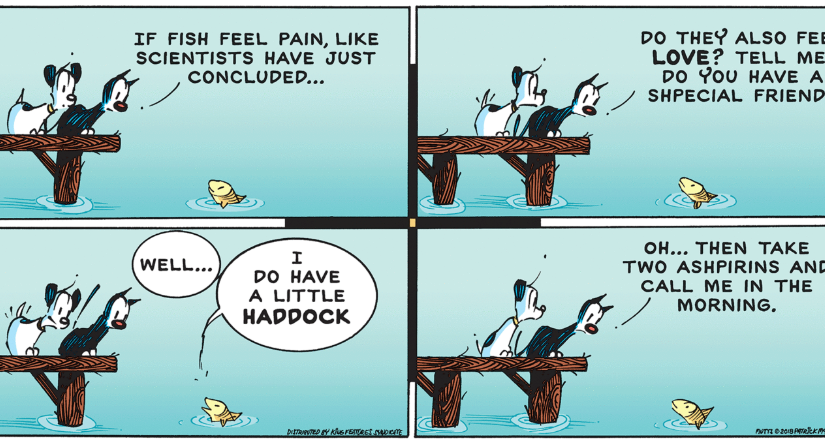Synonyms are words that have similar, but not necessarily identical meanings.
Here’s an example: Recently I saw a headline that mentioned the auction price of a car:
Ferrari GTO Sold For $48.4 Million, Breaks Auction Record For Most Valuable Car
https://www.techtimes.com/articles/233773/20180826/ferrari-gto-sold-for-48-4-million-breaks-auction-record-for-most-valuable-car.htm
This wasn’t the only similar headline. My point is that the headlines used the word “valuable.” The correct word is “expensive.”
Value is subjective; it varies from person to person. It tends to have a certain emotional punch, too, certainly more than a mere number, which is what most expensive refers to. (To be fair, I should add that the fact-laden article used the less-emotional phrase “highest-priced car.”)
Emotionally charged words make better headlines, but if you’re explaining something, stay away from emotion; stick with the facts.




